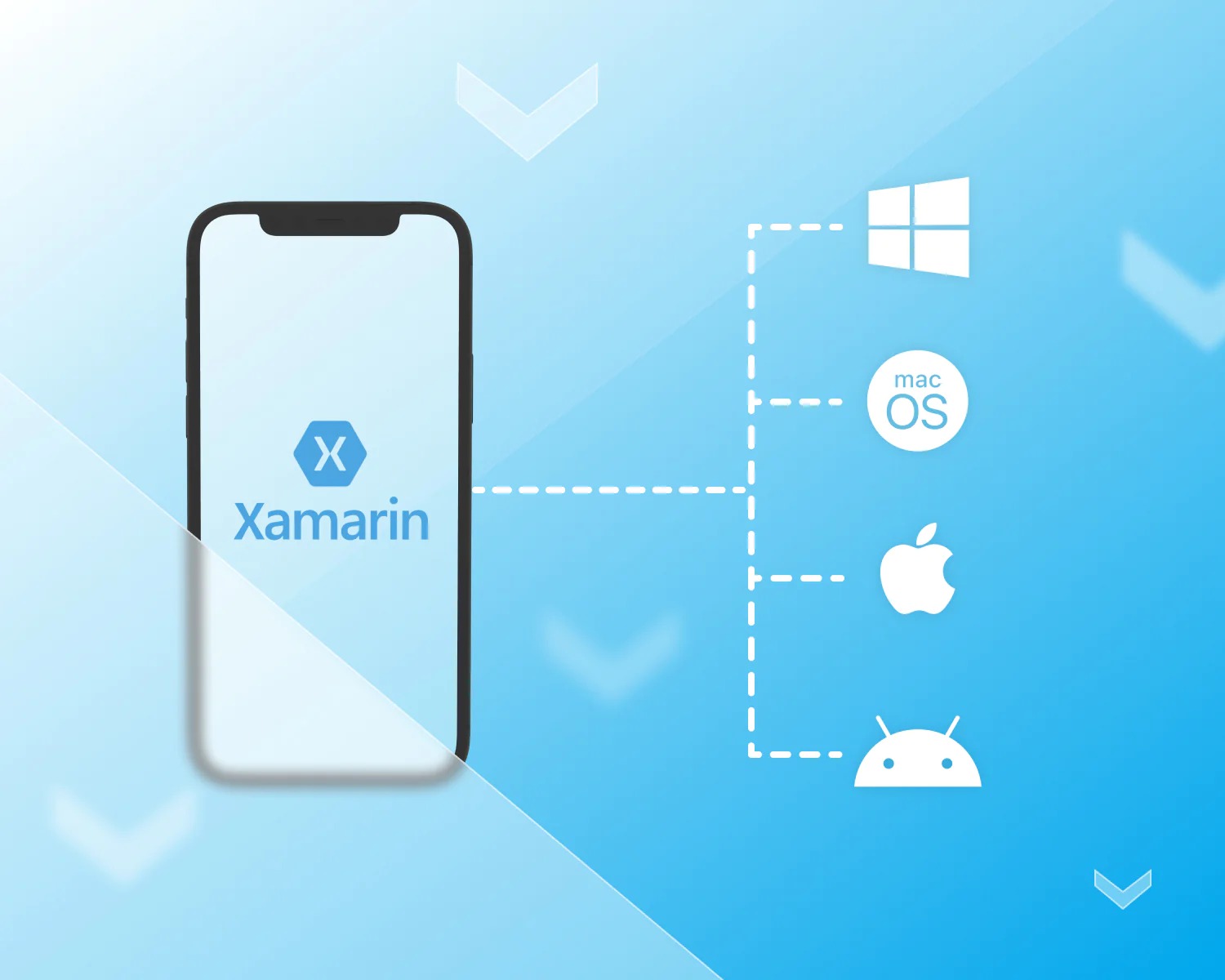Introduction: In today’s fast-paced technology landscape, mobile application development has become a critical component of digital transformation. Among the different frameworks available, .NET-based Xamarin stands out as an effective solution for developing cross-platform mobile applications. This essay goes into the advantages, benefits, and practical applications of Xamarin in mobile app development, emphasizing its unique capabilities and how it leverages the .NET environment.
What is Xamarin?
Xamarin is an open-source platform for building modern and performant applications for iOS, Android, and Windows with .NET. Acquired by Microsoft in 2016, Xamarin enables developers to write code in C#, a versatile and widely-used programming language, and share up to 90% of the code across different platforms. This significantly reduces the time and effort required to develop, test, and maintain mobile applications.
Key Features of Xamarin
Cross-Platform Development: Xamarin allows developers to write a single codebase that can be used across multiple platforms. This means that the same application can run on iOS, Android, and Windows with minimal modifications.
Native Performance: Xamarin applications have access to native APIs and features, ensuring high performance and a native look and feel. This is achieved through Xamarin.iOS and Xamarin.Android, which provide direct access to platform-specific libraries.
Shared Codebase: By using a shared codebase, developers can reuse code for different platforms, which accelerates the development process and ensures consistency across applications.
Integrated Development Environment (IDE): Xamarin is fully integrated with Visual Studio, one of the most popular IDEs. This integration provides a robust development environment with powerful tools for coding, debugging, and testing.
Xamarin.Forms: This is a UI toolkit that allows developers to create user interfaces that can be shared across platforms. With Xamarin.Forms, you can write a single UI codebase and render it natively on each platform.
Benefits of Using Xamarin
Cost-Efficiency: Developing separate applications for different platforms can be expensive and time-consuming. Xamarin’s shared codebase approach significantly reduces development costs and speeds up time-to-market.
Code Reusability: With Xamarin, developers can reuse up to 90% of the code across different platforms, which simplifies maintenance and reduces the risk of bugs.
Consistent User Experience: Xamarin ensures a consistent user experience across platforms by providing native UI elements and controls. This means users get the same look and feel, regardless of the device they are using.
Strong Community and Support: As a Microsoft product, Xamarin benefits from extensive documentation, a strong community, and regular updates. This ensures developers have access to the latest tools and best practices.
Enterprise-Grade Solutions: Xamarin is trusted by many enterprises for developing secure, high-performance applications. Its integration with Azure and other Microsoft services makes it an excellent choice for enterprise solutions.
Practical Applications of Xamarin
Xamarin is used by a wide range of industries to build various types of mobile applications. Here are a few examples:
Healthcare: Mobile health applications that provide patient information, appointment scheduling, and telemedicine services.
Finance: Banking and financial applications that offer secure transactions, account management, and financial planning tools.
Retail: E-commerce applications that support product browsing, purchasing, and customer support.
Education: Educational apps that offer online courses, interactive learning, and student management systems.
Enterprise: Internal business applications that streamline operations, enhance productivity, and improve communication.
Conclusion
.NET-based Xamarin is a robust and versatile platform for mobile application development. Its ability to leverage a shared codebase, deliver native performance, and integrate seamlessly with Visual Studio makes it an attractive choice for developers. Whether you are building applications for healthcare, finance, retail, or any other industry, Xamarin offers the tools and features needed to create high-quality, cross-platform mobile applications efficiently and cost-effectively.
1. What is Xamarin and how does it work with .NET?
Answer: Xamarin is a cross-platform mobile development framework that allows developers to build iOS, Android, and Windows applications using a single codebase in C#. It integrates with the .NET ecosystem, enabling code sharing and providing access to native APIs and features.
2. How much code can be shared across platforms using Xamarin?
Answer: Developers can share up to 90% of the code across different platforms when using Xamarin, significantly reducing development time and effort while maintaining a consistent user experience.
3. What are the main benefits of using Xamarin for mobile app development?
Answer: The main benefits of using Xamarin include cost-efficiency, code reusability, native performance, a consistent user experience, and strong support from Microsoft’s ecosystem and community.
4. What is Xamarin.Forms and how does it differ from Xamarin.iOS and Xamarin.Android?
Answer: Xamarin.Forms is a UI toolkit that allows developers to create a single user interface codebase that renders natively on iOS, Android, and Windows. In contrast, Xamarin.iOS and Xamarin.Android provide direct access to platform-specific APIs and UI elements, offering more control for platform-specific customization.
5. How does Xamarin integrate with Visual Studio?
Answer: Xamarin is fully integrated with Visual Studio, providing a robust development environment with features like IntelliSense, debugging, and testing tools. This integration streamlines the development process, making it easier for developers to build, test, and deploy cross-platform mobile applications.


